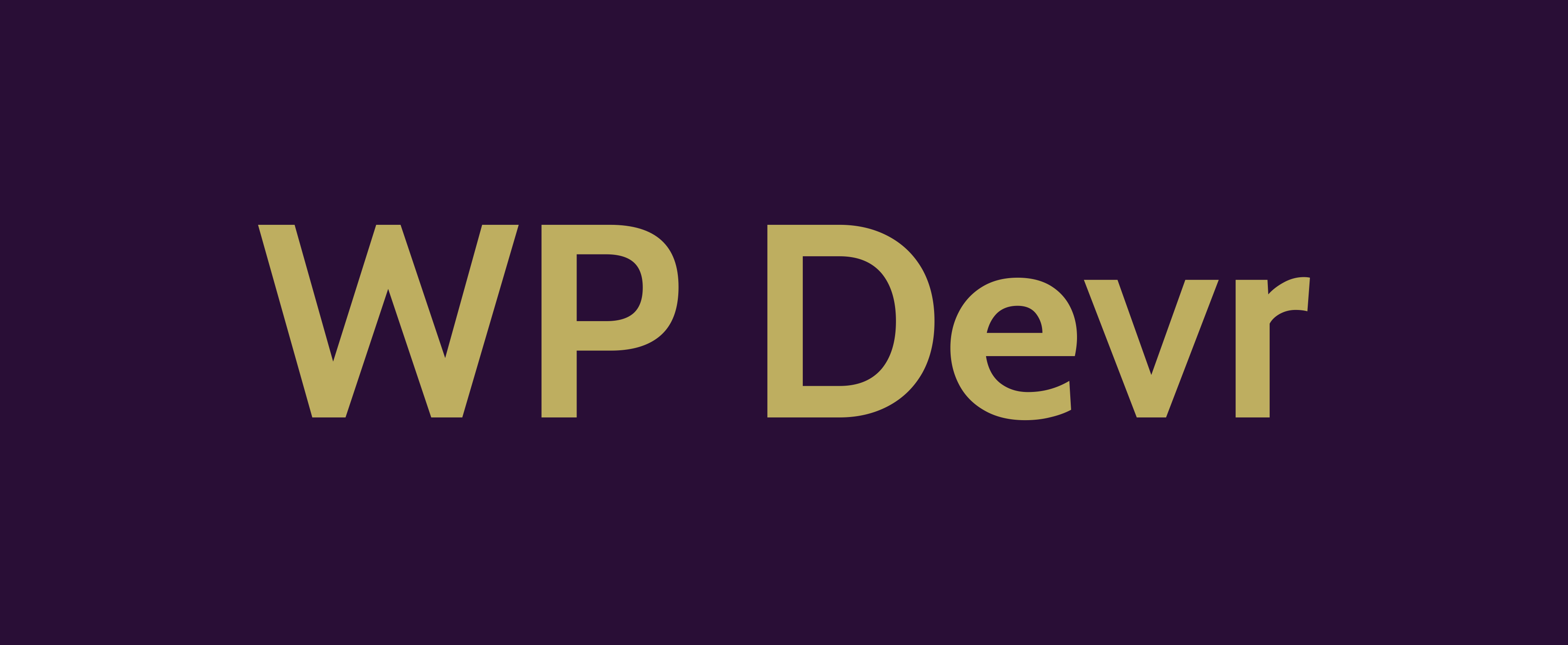Excluding Specific Tags From The Main WordPress Query
Why Exclude Tags?
Excluding specific tags from the main WordPress query can provide multiple benefits for a WordPress site including improved performance, reader experience, and more. There are two core reasons site owners may want to exclude tags from queries:
- Improve site performance by reducing unnecessary queries
- Focus reader attention on more relevant content
Excluding irrelevant tags from queries can help improve site performance in a few key ways. Every tag that is queried requires processing power as WordPress examines the database and generates the associated content to display. Limiting queries to only necessary tags reduces the total query workload on the database.
Additionally, excluding unimportant tags helps reduce page load times. Less content to generate and load allows pages to render faster. Faster load times famously correlate with higher user engagement and conversion rates.
Excluding peripheral tags can also help improve reader experience. Every piece of content on a page competes for user attention. Removing secondary tags clears the path and spotlight for more important content users will find valuable.
How WordPress Queries Work
Before getting into the specifics of excluding tags from WordPress queries, it helps to understand some query basics. The main class used for querying content in WordPress core is WP_Query. When a page loads, WordPress instantiates an object of this class which fetches posts from the database and allows you to display associated post content.
By default, the main query returns content from all registered post types including posts, pages, attachments, etc. The specific content returned depends on various contextual conditionals such as author archives, search results, etc.
In the case of tag archives, WP_Query detects these contexts and queries content with the associated tags. So excluding tags requires overriding this default tag behavior of the main query.
It’s also helpful to recognize that WordPress triggers queries at multiple points during page loads. The main query fires early as the foundation of primary page content. Secondary queries then load additional content such as related posts.
Optimizations should focus on improving performance of the main query. Further optimization opportunities relate to secondary queries covered later in this guide.
Excluding Tags with Conditional Tags
The first option for excluding tags involves standard WordPress conditional tags. Specifically the is_tag() and !is_tag() conditional tags allow you to detect tag archives and optionally alter query behavior.
Here is an example using is_tag() to target tag archives:
if ( is_tag()) {
// Output tag archive content
}
And here is an example using !is_tag() to exclude actions on tag archives:
if ( !is_tag()) {
// Alter query
}
With these conditional tag detections, you can then use hooks like pre_get_posts to modify the main query to exclude your target tags. This will override the default query behavior specifically on tag archive pages.
Using conditional tags in this way allows simple context detection and query customization. The downside is you must explicitly define conditional exclusions each time vs more centralized query control.
Using Pre_Get_Posts to Exclude Tags
Expanding on the previous section, pre_get_posts allows broader centralization of query customization from a single callback. With this hook, you can tap into WordPress right before queries execute and alter them programmatically.
Compare this approach to conditional tags which only modify queries by page context. Pre_get_posts allows global query changes from one spot using code logic.
Here is sample usage to exclude specific tags site-wide:
function exclude_tags( $query ) {
if ( !is_admin() && $query->is_main_query() ) {
$query->set( 'tag__not_in', array(4,7,10));
}
}
add_action( 'pre_get_posts', 'exclude_tags' );
Benefits here include centralized control and ability to use code logic for more complex exclusions. Downsides relate to global context vs per template control.
Excluding Specific Tags from Secondary Loops
The previous sections focused on optimizing the main WordPress query, arguably most critical for site performance. However, opportunities exist to optimize secondary queries and loops as well.
Secondary loops with WP Query fetch additional content inline to supplement primary page content. For example, common secondary loop uses include related post sections, content modules, etc.
Much like the main query, parameters exist to exclude tags from these secondary WP_Query instances. Specifically, the tag__not_in parameter seen earlier allows you to pass an array of tag IDs to ignore.
Here is sample usage excluding tags from secondary loops:
$secondary_query = new WP_Query( array( 'tag__not_in' => array(2,5,8) ) );
The benefit of this approach is centralized control for all secondary queries. The downside is lack of per context control. Finding a balance depends on specific needs.
When Not to Exclude Tags
While excluding tags can provide notable optimizations, there are also times when exclusions have undesirable impacts.
Most critically, avoiding exclusions that damage user experience and content relevance should be a priority. Even minor issues like unexpected empty content modules may confuse users.
Getting user testing feedback can help uncover problematic exclusions. Monitoring site analytics for unexpected variances can also indicate areas needing adjustment.
Additionally, carefully consider warranted usage for tags before blanket exclusions. For extremely high volume tags powering tons of content, performance impacts may outweigh lost relevance from exclusions.
Aim to make optimization decisions holistically based on user experience needs rather than isolated metrics. The best performance gains mean nothing if content suffers.
Additional Optimization Opportunities
Beyond excluding tags from WordPress queries, additional opportunities exist to optimize query performance and efficiency.
Caching plugins like WP Rocket offer robust query optimization specifically focused on high traffic environments. Advanced code quality controls improve performance at scale.
Similarly database management plugins help control content volume bloat generated by active sites over time. This keeps queries snappy as the site expands.
Offloading non-critical assets like images, JS and CSS to CDNs also reduces page load burden from ancillary content overhead.
Consider all of these complementary optimization avenues in addition to smart tag management to help keep site performance in check as resource needs evolve.
